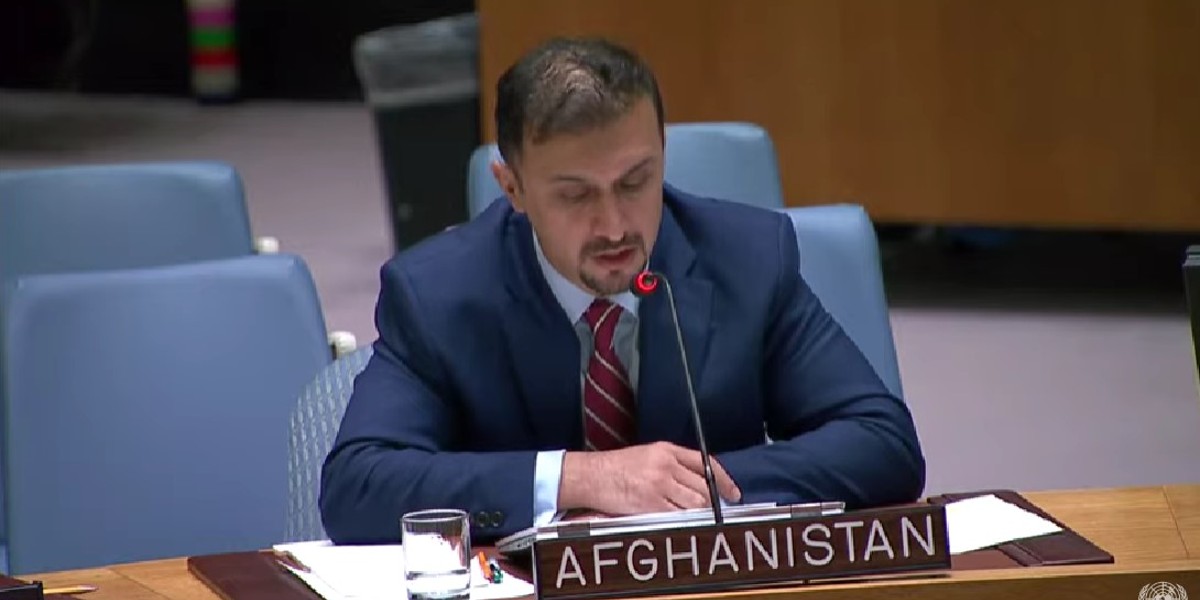Naseer Ahmad Faiq, Chargé d’Affaires of Afghanistan’s Permanent Mission to the United Nations, has raised concerns over the human rights situation in Afghanistan under Taliban rule and called on member states to codify and recognize gender apartheid.
Speaking at the General Discussion on the Advancement of Rights of Women and Girls before the Third Committee of the General Assembly-78th session, Faiq highlighted the consistent abuse and violation of women’s and girls’ rights and fundamental freedoms since the Taliban’s takeover of Afghanistan in August 2021.
He pointed out that oppressive measures implemented by the Taliban have erased women and girls from public life, reversed decades of progress in gender equality and empowerment, and effectively created “gender apartheid” in the country.
“Education, a fundamental right, has become an unattainable dream for many girls. It has been over 740 days since the Taliban closed the doors of schools to girls, barring them from attending secondary school and from getting a higher education, thereby making the pursuit of higher learning an insurmountable challenge,” he said.
“Restrictions on women’s mobility have intensified, women are denied traveling alone without a male chaperone. A strict dress code is enforced and the recent Taliban edicts, such as the ban on women working in beauty salons, highlight the gender equality regression. Male relatives bear responsibility for rule violations, further curtailing women’s rights due to fear of Taliban reprisals,” he added.
Meanwhile, Faiq stated that the crackdown on protests and social media by the Taliban was alarming.
“Women who speak out face brutality: beatings, arrests, unlawful detention, even of family members. Some are charged with ambiguous offenses. Yet, protests persist, showcasing women’s resilience,” Faiq said.
“The recent arrest of Neda Parwani and Zholya Parsi, women’s rights activists in Kabul, is another attempt to silence voices for justice and freedom,” he added.
Faiq also called on the international community to stand in solidarity with Afghan women and girls, amplify their voices, and work tirelessly to restore their rights and dignity.
He suggested that member states could use tools such as targeted sanctions for human rights violations, principled engagement, and efforts to recognize gender apartheid.
“Member states can employ a range of tools, including targeted sanctions for human rights violations, principled engagement, and efforts to codify and recognize gender apartheid,” Faiq said.
He emphasized the need to unite to end the suffering of Afghan women and girls under Taliban rule and make “leaving no one behind” a reality for them.




